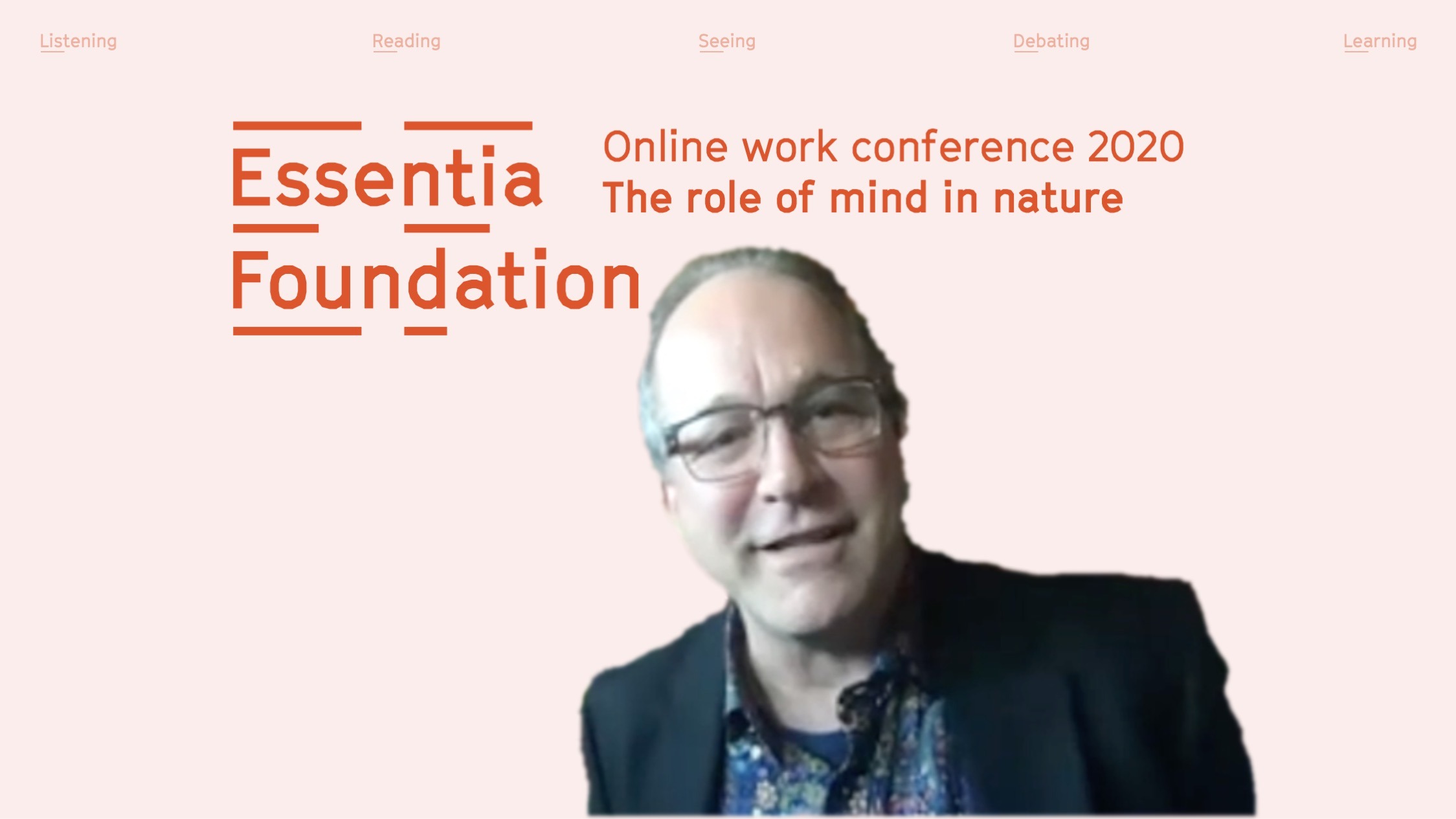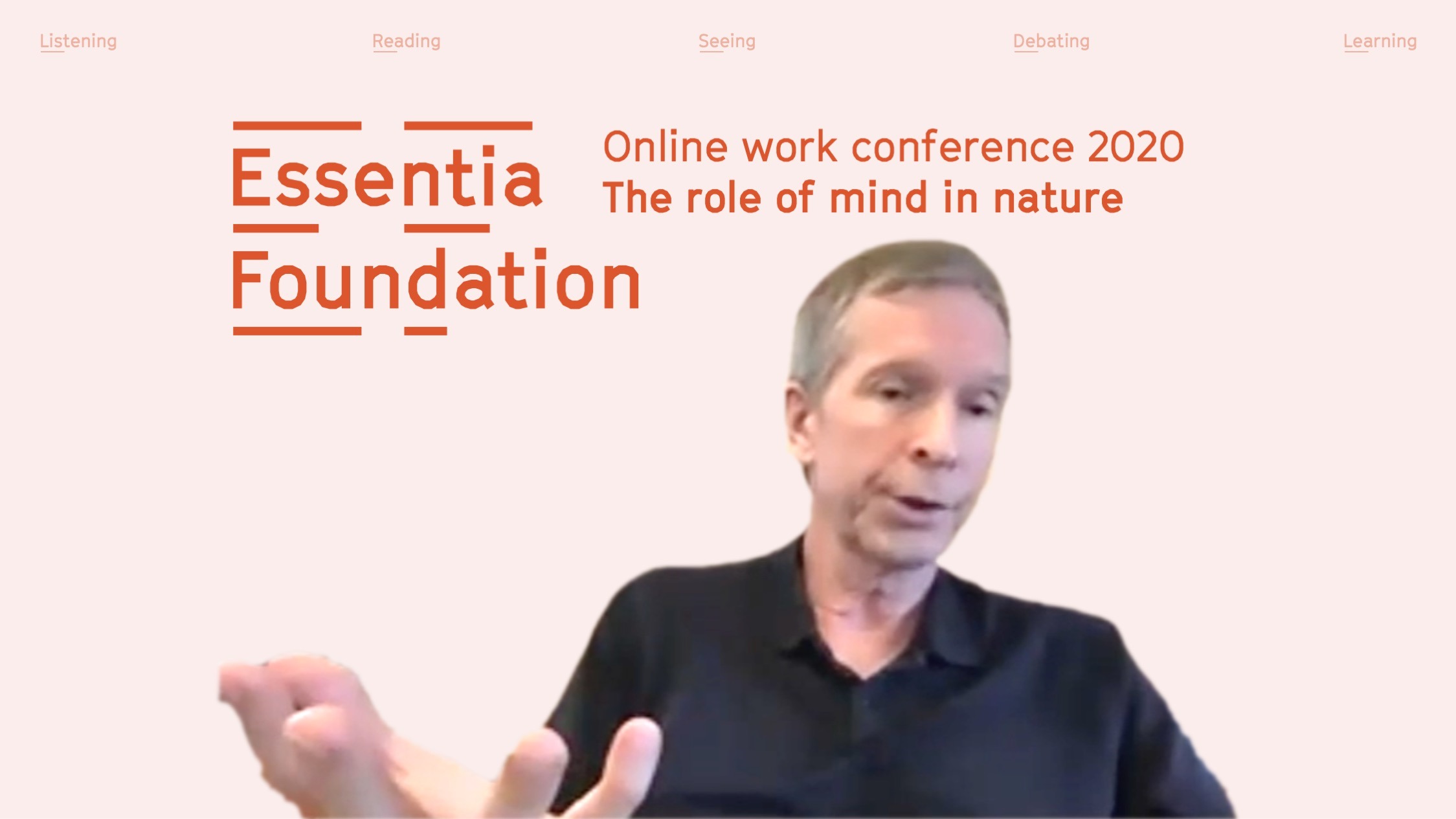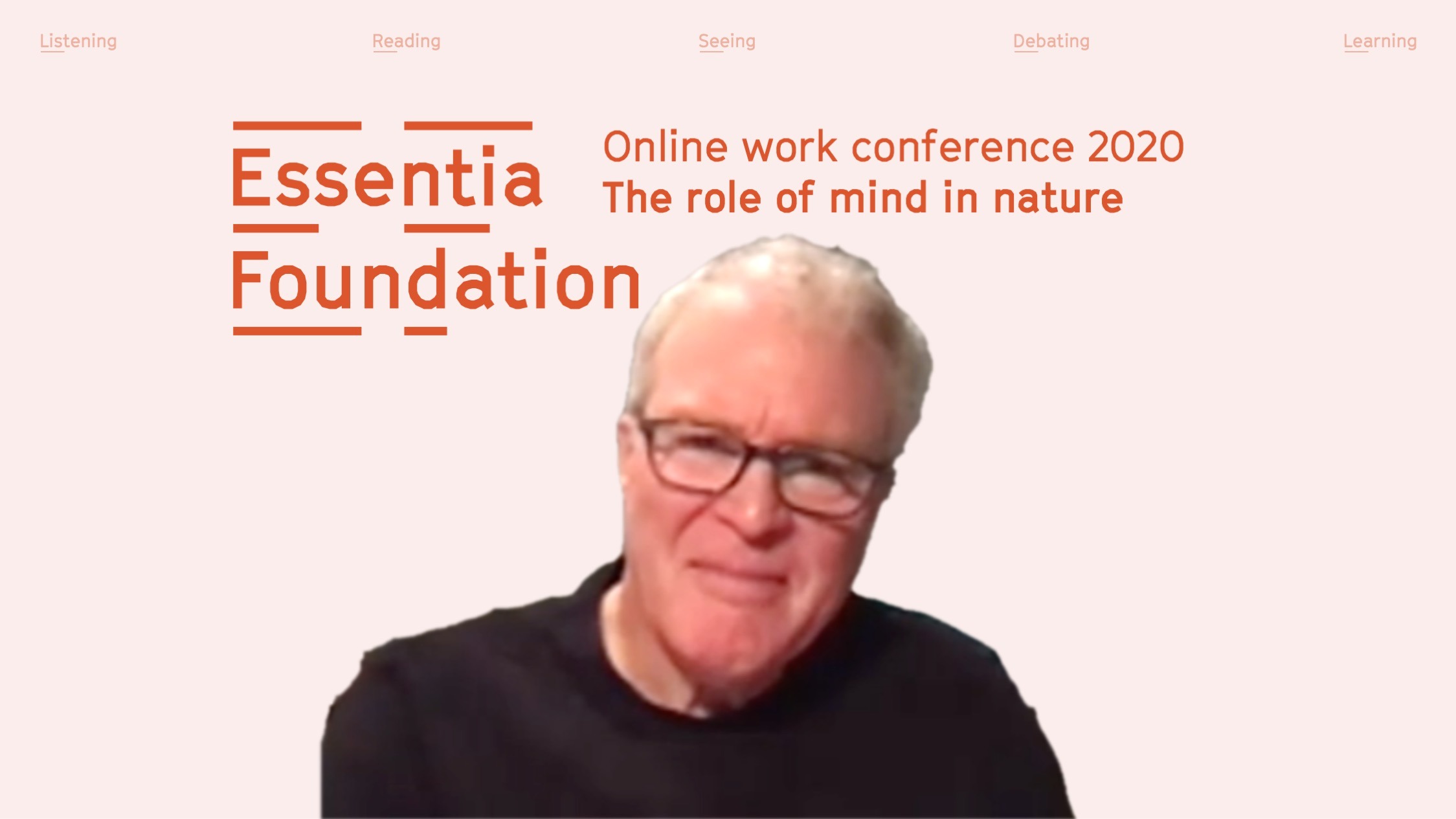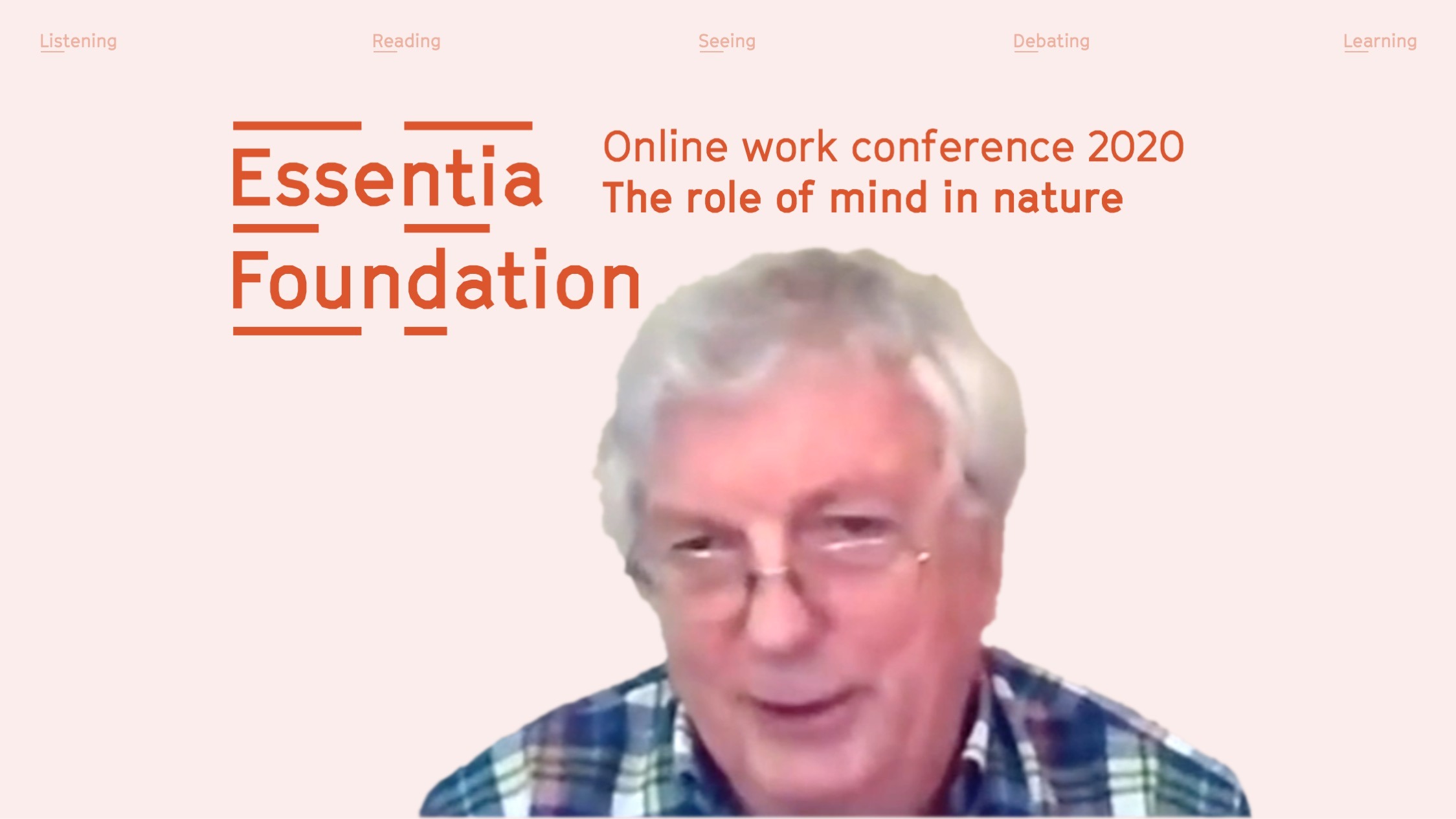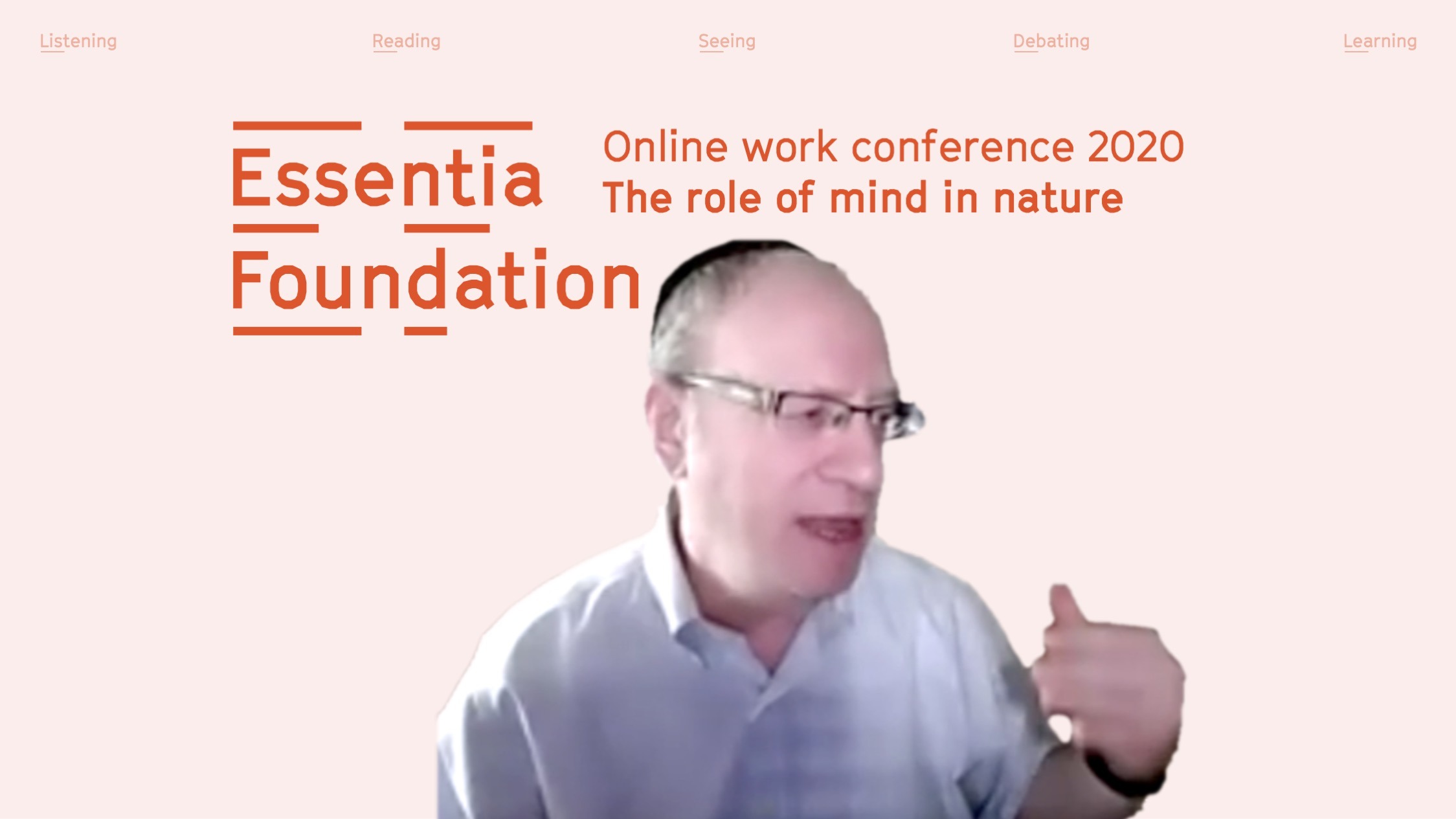The Flip: Recalibrating the humanities and the sciences around extraordinary experiences
Seeing | Philosophy
![]() Prof. Jeffrey J. Kripal, PhD | 2021-01-16
Prof. Jeffrey J. Kripal, PhD | 2021-01-16
There are extraordinary experiences that, although commonplace, contradict the current materialist metaphysics. This is what Prof. Jeffrey J. Kripal argues in his presentation during Essentia Foundation’s 2020 online work conference.
Jeffrey J. Kripal is the Associate Dean of the Faculty and Graduate Programs in the School of the Humanities and the J. Newton Rayzor Chair in Philosophy and Religious Thought at Rice University. He is also the Associate Director of the Center for Theory and Research and the Chair of the Board at the Esalen Institute in Big Sur, California. Jeff is the author of eight books, including, most recently, The Flip: Who You Really Are and Why It Matters (Penguin, 2020), where he envisions the future centrality and urgency of the humanities in conversation with the history of science, the philosophy of mind, and our shared ethical, political, and ecological challenges. He is presently working on a three-volume study of paranormal currents in the sciences, modern esoteric literature, and the hidden history of science fiction for the University of Chicago Press collectively entitled The Super Story: Science (Fiction) and Some Emergent Mythologies. There he intuits and writes out a new emerging spectrum of superhumanities (in both senses of that expression). His full body of work can be seen at http://jeffreyjkripal.com. Prof. Kripal is a member of Essentia Foundation‘s Academic Advisory Board.





